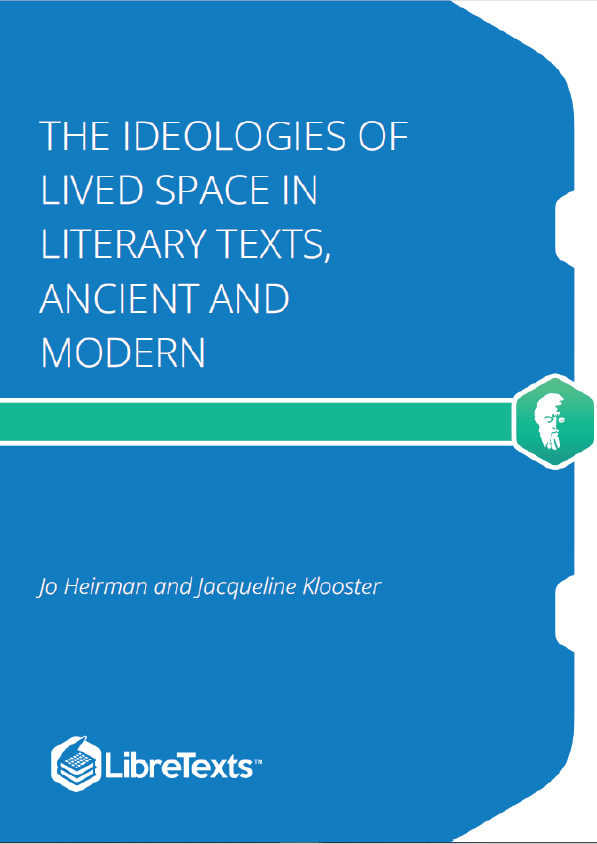In a brief essay called Des espaces autres (1984), Michel Foucault announced that after the nineteenth century, which was dominated by a historical outlook, the current century might rather be the century of space. His prophecy has been fulfilled: the end of the twentieth century witnessed a ‘spatial turn’ in humanities which was perhaps partly due to the globalisation of our modern world. Inspired by the spatial turn in the humanities, this volume presents a number of essays on the ideological role of space in literary texts. The individual articles analyse ancient and modern literary texts from the angle of the most recent theoretical conceptualisations of space. The focus throughout is on how the experience of space is determined by dominant political, philosophical or religious ideologies and how, in turn, the description of spaces in literature is employed to express, broadcast or deconstruct this experience. By bringing together ancient and modern, mostly postcolonial texts, this volume hopes to stimulate discussion among disciplines and across continents. Among the authors discussed are: Homer, Nonnus, Alcaeus of Lesbos, Apollonius of Rhodes, Vergil, Herodotus, Panagiotis Soutsos, Assia Djebar, Tahar Djaout, Olive Senior, Jamaica Kincaid, Stefan Heym, Benoit Dutuertre, Henrik Stangerup and David Malouf.
In the brief essay ‘Des espaces autres’, which was written in 1967 but published in 1984, Michel Foucault claimed that a historical outlook had dominated the nineteenth century but that the twentieth century would be the century of space (752). His prophecy has amply been fulfilled: the end of the twentieth century witnessed a spectacular ‘spatial turn’ in humanities (see e.g. Hallet-Neumann 2009). This may perhaps partly be ascribed to the sensibilities of scholars in an age of ever-increasing globalization.
This shift in attention from time to space is noticeable in particular in literary theory. Until recently space was usually neglected in favor of time as a parameter of literary analysis. As Buchholz and Jahn argue (2005: 551), this can be traced to the eighteenth century, when Gotthold Ephraim Lessing argued in his Laocoon (1766) that literature is essentially a temporal art, as opposed to spatial arts, such as painting or sculpture. Buchholz and Jahn also demonstrate that space in literary fiction has often been considered to have no function other than “to supply a general background against which the action takes place, something to be taken for granted rather than requiring attention” (2005: 551). From the end of the twentieth century onwards, however, space has increasingly become a serious concern of literary studies. Numerous monographs have appeared on space in a specific period, genre or author, from modern Arabic literature (Hallaq e.a. 2002) to Russian fiction (Joe 2007). One might imagine, therefore, that there remains little to be said about the subject. But in classical studies, the study of space has only recently come to the foreground. Major initiatives include Space in Ancient Greek Narrative, a narratological project funded by the National Organisation for Scientific Research (NWO) at the University of Amsterdam supervised by Prof. Dr. Irene de Jong, which has resulted in Space in Ancient Greek Literature (2012), volume three of the series Studies in Ancient Greek Narrative.



